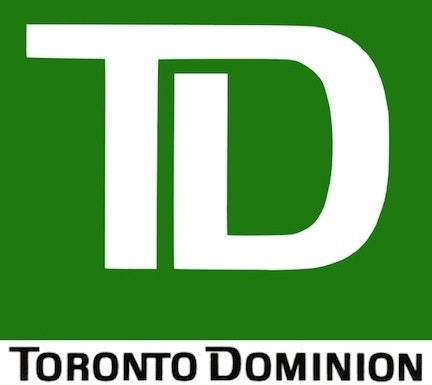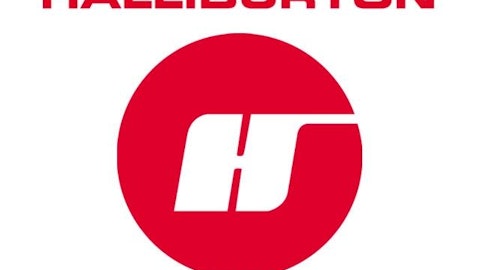In discount Direct Stock Purchase Plan (DSPP) investing, one advanced technique investors can utilize to achieve profits, is investing in a DSPP with optional purchase discounts in order to exploit the difference in share price between the purchase discount and the current market price. For example, Pembina Pipeline Corp (NYSE:PBA), an energy transfer company operating in Canada, with a mediocre margin of 7.17%, but a manageable beta of 0.68, offers an optional purchase discount of 5%. Investing in companies like PBA, although perhaps a subpar example in its sub sector, may in fact prove useful in achieving a type of arbitrage more readily accessible to retail investors.

Third, we’ll examine Marathon Oil Corporation (NYSE:MRO). While, MRO is not one of the leaders among integrated oil and natural gas companies, it nonetheless offers a 0-5% direct purchase discount. That being said, although MRO is still an emerging player in the energy sector, it sports a healthy 11.85% margin. Also, its total debt is less than half of its total assets. However, it possesses a 1.5 beta, which may too risky to perform a poor man’s arbitrage (see below-written explanation) as wild swings in the share price, may negate any potential short-term capital gains.
Therefore, in order to perform the (above-mentioned) type of arbitrage, an investor would purchase, typically a large amount of shares, wait until settlement, and then quickly sell their recently acquired lot and pocket the difference between the current market price and the discounted 5% purchase price. Making money on this kind of spread has been referred, by many DSPP investors as a “Poor Man’s Arbitrage (search keyword: poor).”
In terms of risk to retail investors, the main danger with this investment strategy is if the stock loses more than 5% in value, any (potential) profits would be negated. Perhaps an easy way to mitigate this risk is purchase a stock with a low beta and avoid buying around earnings calls. By doing so, investors seeking arbitrage can help mitigate potential wild swings in the overall share price.
While this kind of investment strategy is not without risk and despite investors despite are likely to profit from it, I think the poor man’s arbitrage should be avoided. This is because within DSPP plans with discounted optional purchases, should the company offering the plan observe unusually high volume in the stock, it will either end the DSPP or suspend it indefinitely. Therefore, arbitrage by even small players will often ruin opportunities for the long-term “buy” and “hold” investor which is both unfortunate and completely avoidable by making well-reasoned, ethical (investing) decisions.





